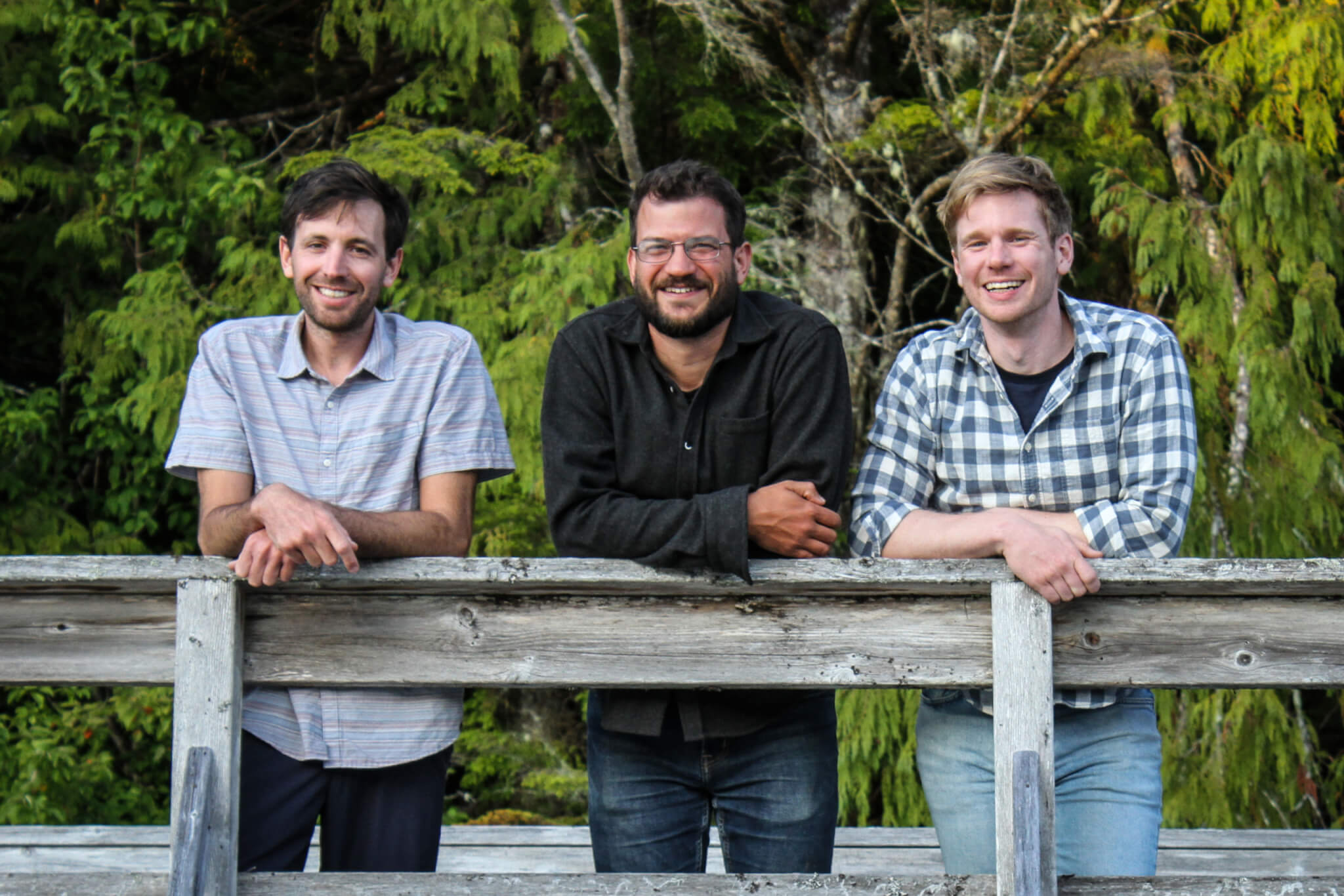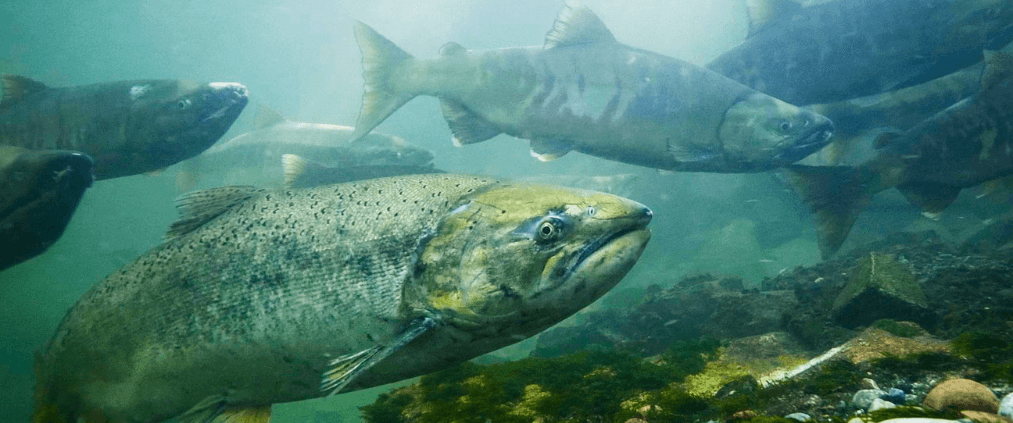DFO science advice processes need overhaul, say scientists
July 31, 2023
Canada needs an independent scientific body to provide strengthened fisheries science advice that can help Fisheries and Oceans Canada (DFO) fulfill its legal duty to protect and conserve fish for Canadians, according to a peer-reviewed Perspective published today in the Canadian Journal of Fisheries and Aquatic Science.
Currently, non-science interests can shape the science advice that DFO gives to decision makers, say the paper’s authors. The new publication uses salmon aquaculture in British Columbia as a case study to revisit systemic issues first identified in a seminal paper, written 26 years ago, which used the Atlantic Cod collapse as a case study. Today’s paper documents more recent examples of the problems first reported a quarter century ago: that “political and bureaucratic interference” can compromise fisheries science advice in Canada for the sake of industry interests.
The case for improving fisheries-science advice in Canada has never been stronger.
“Ocean ecosystems generally, and wild Pacific salmon in particular, face escalating pressures from human activities,” states co-author Dr. Andrew Bateman, of the Pacific Salmon Foundation, adding that “unfettered science advice is one of the absolutely critical inputs for policies to help ocean ecosystems sustain salmon, whales, and bears, as well as human cultures and livelihoods.”
Drawing upon DFO science outputs and thousands of pages of internal DFO communications, the authors detail examples in which DFO’s science advice has failed to be impartial, evidence based, transparent, and independently reviewed — four hallmarks of robust science advice.
“Unfortunately, the current science advice system has allowed DFO — the regulator of the salmon farming industry — to invite salmon farm employees to review ‘scientific’ assessments of the industry’s impacts, to suppress research into salmon pathogens by its own scientists, and to avoid sharing aquaculture data for independent analyses,” says co-author Dr. Sean Godwin, Assistant Professor at the University of California, Davis.
“Focusing on past challenges lets us think constructively about how the same mistakes can be avoided in the future,” says co-author Dr. Gideon Mordecai, a researcher at the University of British Columbia. “Science needs to be just science. Robust processes are needed to ensure that science advice remains free of political and economic influences, and that science can play its role, among other important considerations, at the decision-making table. Lessons from DFO’s handling of science advice surrounding salmon aquaculture in B.C. can inform improvements to science advice processes across DFO.”
The authors’ main recommendation for structural change is to implement a truly independent fisheries-science advice body in Canada. The creation of such a body would bolster the credibility of the science advice being provided to decision makers and help to rebuild trust in DFO — a need highlighted in a recent report on DFO Science from the House of Commons’ Standing Committee on Fisheries and Oceans.
Dr. Brian Riddell, a former science lead at DFO and past President of PSF, agrees with the conclusions from the paper, saying, “An independent science review body would ensure that decision makers are provided credible advice, and help to guard against political influences and regulatory capture. A recent report on science at DFO from Parliament’s Standing Committee on Fisheries and Oceans highlights the ‘crisis of trust’ in DFO science. Above all, the Department needs to ensure trust in their advice and processes.”
The study — co-authored by scientists from UC Davis, U of T, UBC, PSF, and Dalhousie, as well as a practicing environmental lawyer — contends that an independent fisheries-science body would help the federal government meet scientific standards expected of science-advice bodies internationally and even within Canada. A flagship Canadian example of an independent science advice body is the Committee on the Status of Endangered Wildlife in Canada (COSEWIC) that informs decisions made under the Species at Risk Act. That body’s former Chair, Dr. John Reynolds, says, “the COSEWIC process of providing truly independent science advice based solely on evidence could be a good model for providing Canadian fisheries advice that is not contaminated by vested interests.”
Despite the weaknesses of DFO science advice presented in this paper, the alternative of an independent body is a reason for optimism. As Bateman says, “this paper and its recommendation highlight opportunities for improved scientific independence, integrity, and transparency for fisheries science advice in Canada.”
Study: Is scientific inquiry still incompatible with government information control? A quarter century later (DOI: 10.1139/cjfas-2022-0286)
Link: http://dx.doi.org/10.1139/cjfas-2022-0286
Authors available for interview:
- Dr. Sean Godwin (University of California, Davis; sean.godwin@gmail.com, 778-773-9706)
- Dr. Andrew Bateman (PSF & University of Toronto; abateman@psf.ca, 778-350-9285)
- Dr. Gideon Mordecai (University of British Columbia; gidmord@gmail.com, 778-680-8545)
Other experts available for interview:
- Dr. John Reynolds (Simon Fraser University; reynolds@sfu.ca, 778-782-5636)
- Dr. Brian Riddell (PSF; briddell@psf.ca; email first to arrange call)

The three lead authors of the study: Gideon Mordecai, Andrew Bateman, Sean Godwin.



